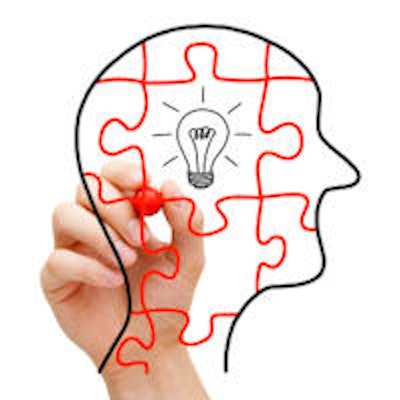
An MRI study from NYU Langone Medical Center in New York City claims to offer the first scientific evidence that Alcoholics Anonymous (AA) prayers may actually reduce the desire of alcoholics to drink.
Many long-term sober members of Alcoholics Anonymous report that they no longer crave alcohol, a phenomenon the "Big Book" of Alcoholics Anonymous refers to as the desire being "lifted right out" by intervention of the God of one's choosing. But the phenomenon has not been validated physiologically.
In a study published in the American Journal of Drug and Alcohol Abuse (March 25, 2016), Dr. Marc Galanter and colleagues showed that AA members who recited AA prayers before viewing drinking-related images had less craving for alcohol than a control group of alcoholics who read a newspaper. On MRI scans, the reduced cravings corresponded to increased activity in brain regions responsible for attention and emotion, the study team reported.
"Our findings suggest that the experience of AA over the years had left these members with an innate ability to use the AA experience -- prayer, in this case -- to minimize the effect of alcohol triggers in producing craving," Galanter, a professor of psychiatry and director of alcoholism and drug abuse, said in a statement accompanying release of the study.
For the study, the team evaluated 20 long-term AA members who had reported no cravings the week before testing. The participants were scanned using MRI and shown pictures of alcoholic drinks or images of people drinking.
Investigators presented each image twice: once after the participant read neutral material from a newspaper, and once after the participant read an AA prayer supporting abstinence.
All subjects reported some degree of craving for alcohol after viewing the images. But there was less craving after reciting an AA prayer. MRI revealed changes in parts of the prefrontal cortex, which controls attention, and other brain areas responsible for the control and semantic reappraisal of emotion, which represents the way people understand situations based on their perspectives.
The findings suggest that alcohol triggers an emotional response, but the emotion is experienced and processed differently when someone is protected by the AA experience, Galanter said. Previous research has shown that alcohol abusers who reported having a spiritual awakening drank less after treatment for alcoholism.
The results open a new field of inquiry into physiologic changes that may accompany spiritual awakening and perspective changes in AA members and others, Galanter said, adding that the results support the validity of a long-term AA experience in terms of physiologic changes in the brain.


.fFmgij6Hin.png?auto=compress%2Cformat&fit=crop&h=100&q=70&w=100)
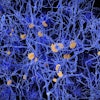

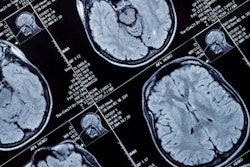
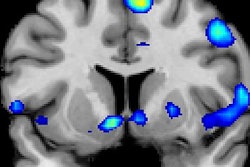
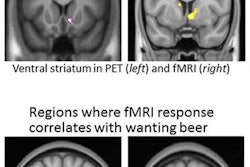
.fFmgij6Hin.png?auto=compress%2Cformat&fit=crop&h=167&q=70&w=250)











